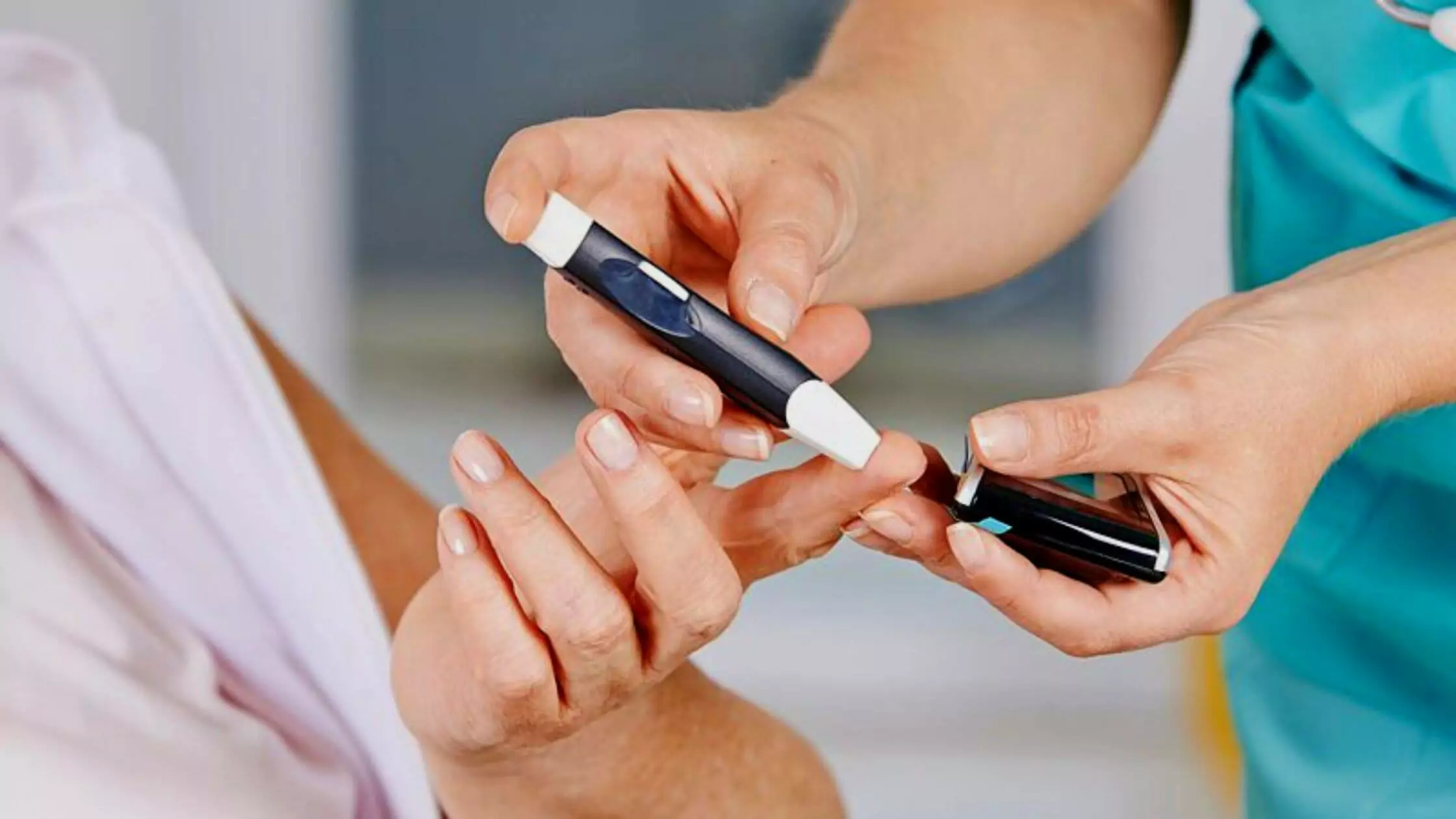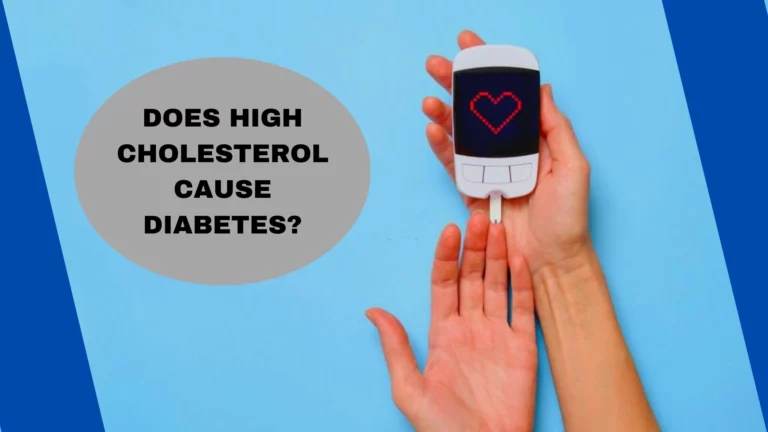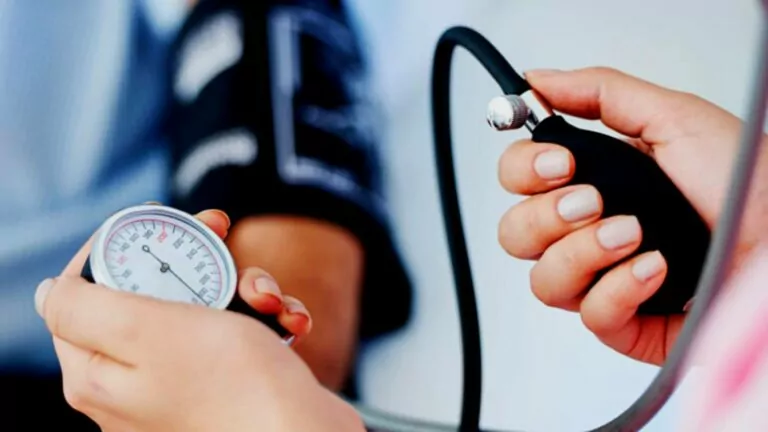Treatment For Type 2 Diabetes With A New Class Of Medication!
A chronic disease called type 2 diabetes alters how your body metabolizes sugar. Additionally called insulin resistance. Insulin is not adequately used by your body if you have type 2 diabetes and this in turn rises the sugar levels in your blood.
High blood sugar levels over time can cause major issues with your heart, eyes, kidneys, nerves, gums, and teeth. It usually develops in adults, but children and adolescents are also developing this type of diabetes more often now due to the rise in obesity. It is better if type 2 diabetes is found at an early stage for treatment.
Contents
What Is The New Medication For Type 2 Diabetes?
For patients with type 2 diabetes who are not adequately controlled on metformin or sulfonylurea, a new form of oral medication is available known as incretin therapy.
Incretin therapy is a relatively new class of drugs used to treat type 2 diabetes. Incretins are hormones released by the digestive tract in response to a meal. One of the actions of insulin is to stimulate the release of incretins.

One of the incretins, glucagon-like peptide-1 (GLP-1), is released in larger amounts when blood glucose levels are high. GLP-1 slows the rate at which the stomach empties after a meal and also reduces the production of glucose by the liver. GLP-1 also stimulates insulin secretion by the pancreas.
Incretin drugs are based on the natural hormone GLP-1. There are two GLP-1 drugs currently approved by the U.S. Food and Drug Administration (FDA), exenatide (Byetta) and liraglutide (Victoza).
Exenatide is a short-acting GLP-1 drug; it is given twice a day. Liraglutide is a long-acting GLP-1 drug; it is given once a day. Incretins can also be used in combination with metformin or sulfonylurea.
Most patients who take incretins have good results in lowering their A1c levels and improving their blood glucose control, Nausea and vomiting are seen in some patients along with diarrhea or constipation. When the body gets used to the incretin, these side effects usually subside.
In addition to lowering A1c levels, the FDA has approved exenatide and liraglutide to treat obesity. These drugs work by reducing appetite and hunger.
There are some risks when taking incretins. These drugs can cause some people to develop a condition called pancreatitis, which can be painful and sometimes life-threatening.
Things To Be Consider Before Taking Incretin
Pancreatitis has been associated with other diabetes drugs. If you have a history of pancreatitis or gallstones, you should not take an incretin. If you have stomach or intestinal problems, you should tell your doctor before taking an incretin.
Incretins are contraindicated in pregnancy or breastfeeding. Incretins can cause low blood sugar levels in people who are taking other drugs that lower blood sugar. If you have kidney disease, you should not take an incretin.
If you are taking an incretin, you should have your kidney function checked every three months. You should also have your thyroid function checked every six months.
There is no specific diet that must be followed while using incretin therapy, but it is generally recommended that patients eat a healthy diet and avoid foods that are high in sugar or fat.
Final Words
The results of this therapy can vary depending on the person and the severity of their diabetes. In general, incretin therapy can help improve blood sugar control and may also help reduce the risk of complications associated with diabetes.
However, it is recommended to the patients that they should consult their doctor or a health care professional if they are doing any major changes while following incretin therapy else there could be some serious side effects as well due to other medications.







